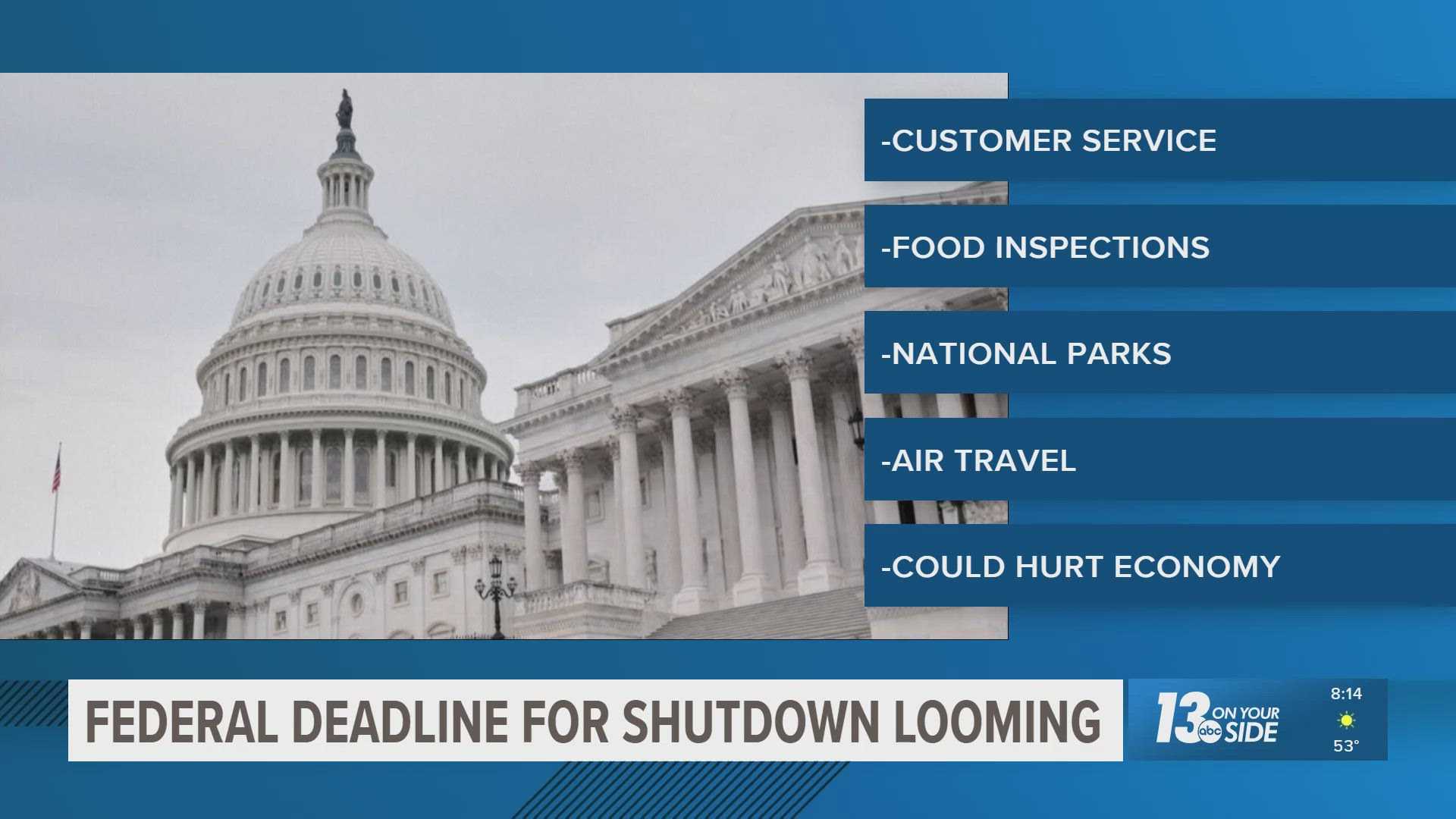News
Government Shutdown: Impacts on Californians from Social Security to National Parks

SACRAMENTO, California – As of 12:01 a.m. on October 1, the federal government has officially shut down following a failure of Congress to reach an agreement on funding. The shutdown is expected to impact numerous services nationwide, particularly in California, where many residents rely on federal assistance.
Federal employees and active-duty military service members will not receive paychecks during the shutdown. According to the White House, federal workers could face furloughs and salary cuts, with the first missed paycheck for federal employees occurring on October 24.
Travelers might see increased delays at airports as air traffic controllers and Transportation Security Administration workers are expected to work without pay. Historical data shows that extended shutdowns have led to higher instances of absenteeism among these essential workers.
The United States Postal Service will continue normal operations, as it is self-funded and does not depend on federal appropriations. However, there may be delays in processing applications for services like the Supplemental Nutrition Assistance Program (SNAP) and the Women, Infants, and Children (WIC) food program.
“A prolonged federal government shutdown of more than one week puts WIC families at risk,” says Georgia Machell, president and CEO of the National WIC Association. While SNAP is expected to last longer, it may also run out if the shutdown continues.
National parks across the country, including those in California, may remain open with limited staffing. An internal memo from the National Park Service indicates that parks accessible to the public will continue operations, while those that can be securely closed will shut down entirely. Governor Katie Hobbs of Arizona has urged that the Grand Canyon National Park remain open.
Former National Park Service employees are voicing concerns about increasing incidents of vandalism and poaching during the shutdown, as seen in previous cycles. “It’s a recipe for even more disaster,” commented Kate Groetzinger, communications manager at the Center for Western Priorities.
As negotiations continue in Congress, the situation remains fluid and uncertain for many Californians who depend on federal services and programs. “Even a short shutdown can lead to significant ramifications,” says Nanette Star, a policy director at the California Consortium for Urban Indian Health, emphasizing the risks for federally-funded healthcare services.
Conservation groups and community members are organizing efforts to ensure the protection of national parks and urge Congress to remedy the funding crisis. John Lauretig, a nonprofit leader and former park ranger, is collecting supplies to prepare for potential clean-ups if another shutdown occurs.












